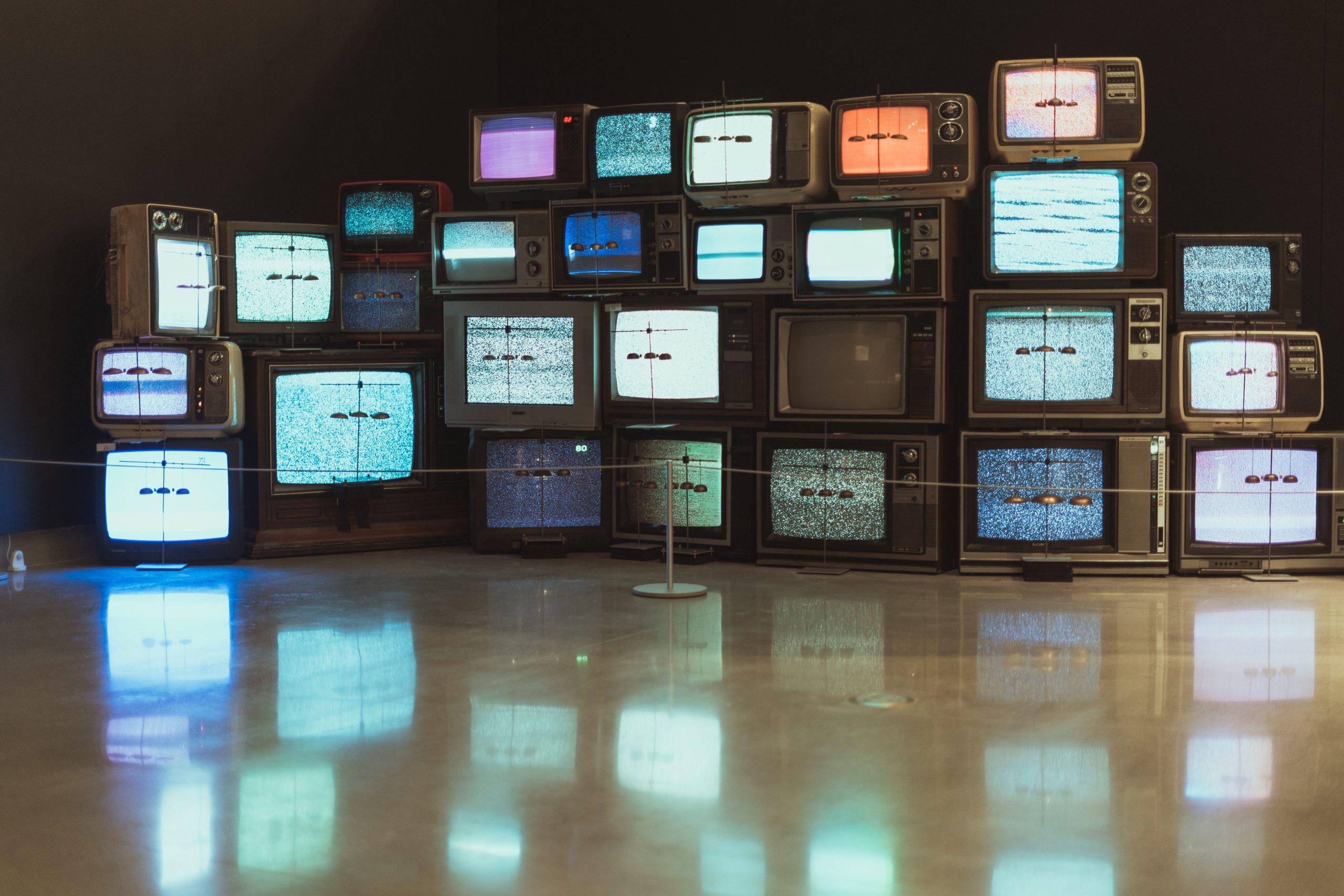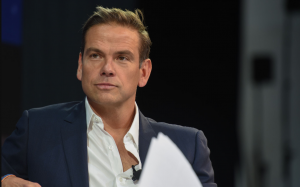World Television Day is celebrated on November 21 every
year across the globe to mark the increasing impact of television on the
decision-making process. The early 20th century is invention is the symbol of
communication and globalization in the contemporary world.
World Television Day is observed to recognize the impact of
television on decision-making by bringing world attention to conflicts and
threats to peace and security. Television plays an important role in sharpening
the focus on major issues.
Also Read | World Series TV viewers up 20% from 2020 but down from 2019
History
The first World Television Forum was held on November
21-22, 2021, where leading media figures met under the leadership of the United
Nations to discuss the growing significance of television in today s world and
how they might enhance their cooperation.
So the United Nations General Assembly decided to mark November 21 as
World Television Day.
Significance
While the new mediums of content creation and consumption
have emerged, television continues to be the single largest source of video
content consumption. The number of households with television sets continues to
rise globally.
“The interaction between emerging and traditional forms
of broadcast creates a great opportunity to raise awareness about the important
issues facing our communities and our planet,” according to the UN website.
Celebrations
Various television personalities including journalists,
writers, bloggers, anchors, actors meet on this day to share their opinions on
the role of television and how it can be improved. Guest lectures and seminars
are held in schools and colleges to outline the importance of television to
democracy, peace, and world stability. The United Nations provides a suite of
multimedia products and services to support the international news media and to
reach audiences.
Television was invented by John Logie Baird in 1924. Philo Taylor Farnsworth II an American inventor developed the first all-electronic television system in 1927. The
device was introduced in India after almost three decades in the late 1940s
with the help of the United Nations Educational, Scientific, and Cultural
Organisation. For the next few decades, the government-owned-Doordarshan
remained the only national channel. After the new economic reforms introduced
by the Narsimha Rao government in 1991, allowing private and foreign
broadcasters were allowed to operate in limitations.







